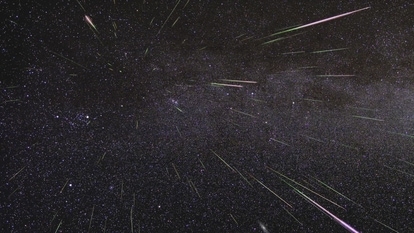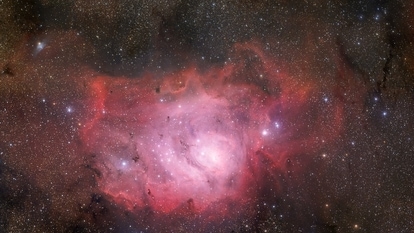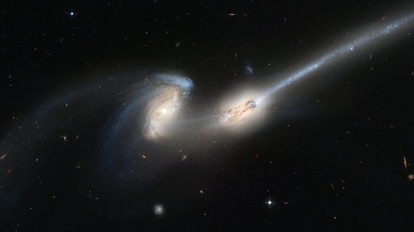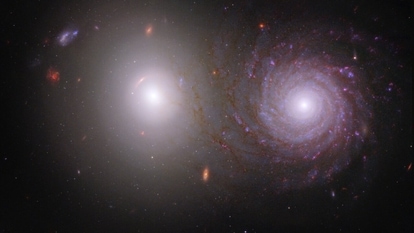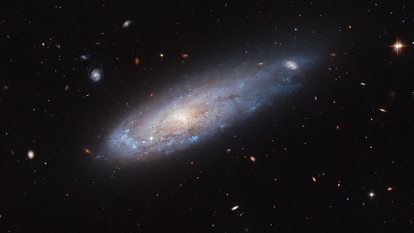Solar system has a 9th planet? This Asteroid may have spilled the secret
A study has revealed the possibility of a 9th planet in our solar system and this asteroid has the answer. Is it possible?
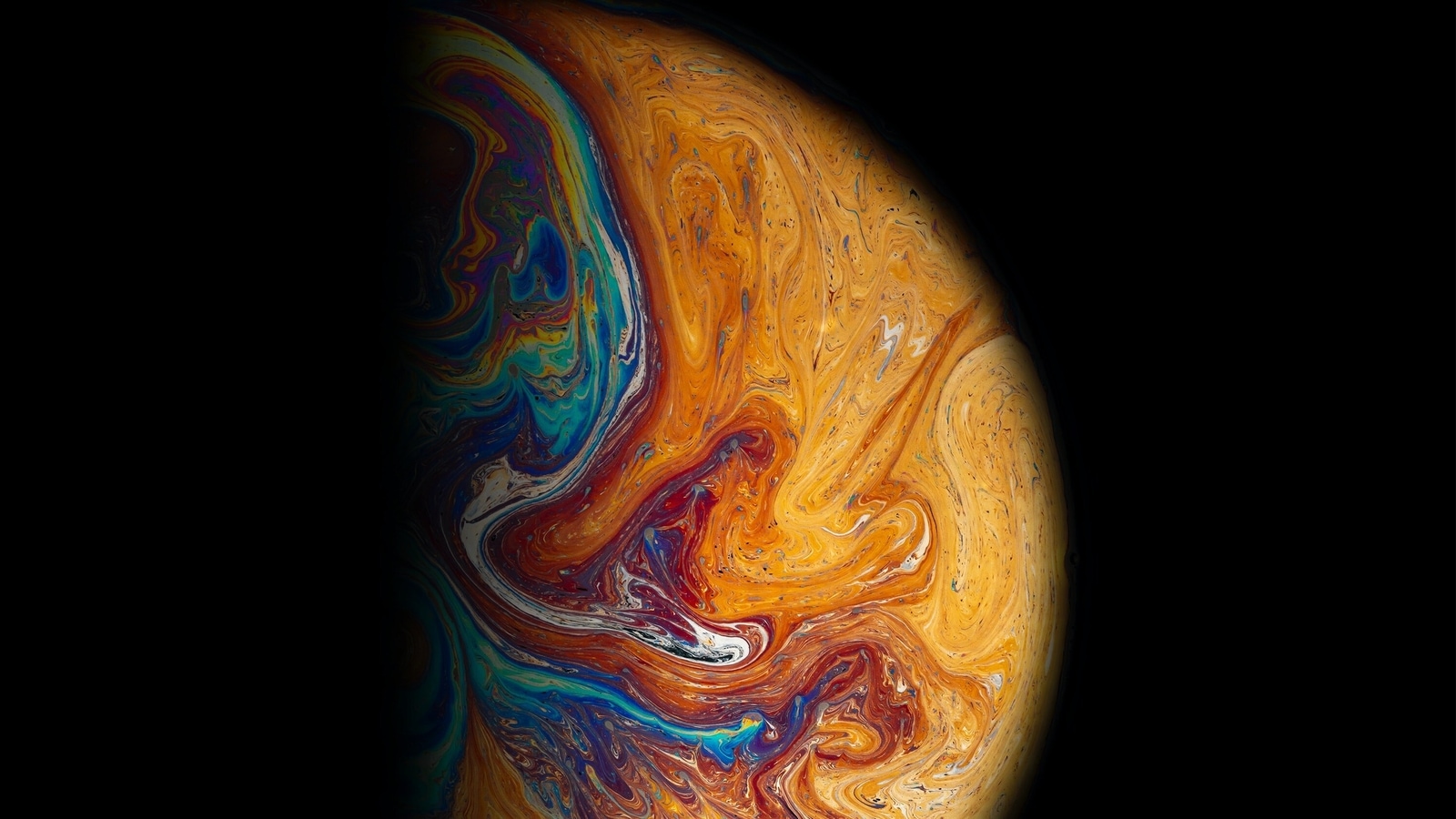
Pluto, famously known as a dwarf planet, is a celestial body orbiting the Sun. But it is not considered a planet. Why? Because Pluto falls short of being classified as a full-sized planet by the International Astronomical Union (IAU) as it fails to meet one of the three criteria used for categorising planets. Well, it satisfies the majority of the criteria, except one - It has not “cleared the neighbourhood” around its orbit. The other two criteria are it must be in orbit around the Sun and it has sufficient mass to assume hydrostatic equilibrium. Now, in the absence of Pluto, there are only 8 planets left in our solar system.
However, arguments about a 9th planet in our solar system have raged for years. The quest for such a planet continues till date! And now, the latest study suggests the actual possibility of a 9th planet in our solar system! No, not a dwarf planet like Pluto, but a Super-Earth! Here is what the study suggests.
How this 9th planet may look like
The report published in The Conversation considered a hypothetical planet dubbed Planet 9 which is characterized as 4-8 times the mass of the Earth and extremely far from the Sun, around 10 times the distance of Pluto or even more. This 9th planet is considered to be different from the existing planets in our solar system.
There are essentially two categories of planets -- terrestrial planets having solid surfaces, namely Mercury, Venus, Earth, and Mars, and on the other hand, there are gas giants such as Jupiter, Saturn, Uranus, and Neptune. This Planet 9 would be somewhere between these two types and will be characterised as a Super-Earth.
Considering that, if it exists, it would be quite dim and actually getting to see it would be impossible and therefore it would have to be surmised from other proof. This is available in the form of Asteroid CNEOS14.
Planet 9 and Asteroid CNEOS14
A Harvard article suggests that the 2014 asteroid CNEOS14 likely came from outside our solar system, possibly the first interstellar object discovered. It collided with Earth while travelling at 60 km/s and landed in the Pacific Ocean. Interestingly, the report also proposes a link between Asteroid CNEOS14 and Planet 9.
Simulations of the asteroid's trajectory revealed three improbable statistical irregularities. According to the hypothesis, an unknown massive object, potentially Planet 9, may have shifted CNEOS14 towards Earth. Researchers suggest that tracing the asteroid's path could help locate Planet 9. The study says that there is a 99.9% likelihood that the asteroid ran into an unknown planet in our solar system or there is something about interstellar visitors that scientists know nothing about.
As is clear, while the hypothesis meets scientific criteria and the existence of Planet 9, there is no tangible proof that it actually exists. And the search goes on.
Catch all the Latest Tech News, Mobile News, Laptop News, Gaming news, Wearables News , How To News, also keep up with us on Whatsapp channel,Twitter, Facebook, Google News, and Instagram. For our latest videos, subscribe to our YouTube channel.





